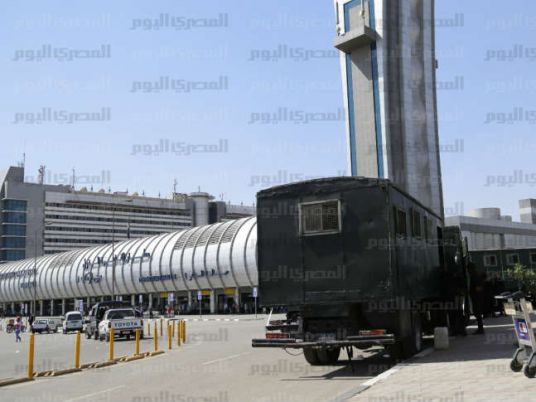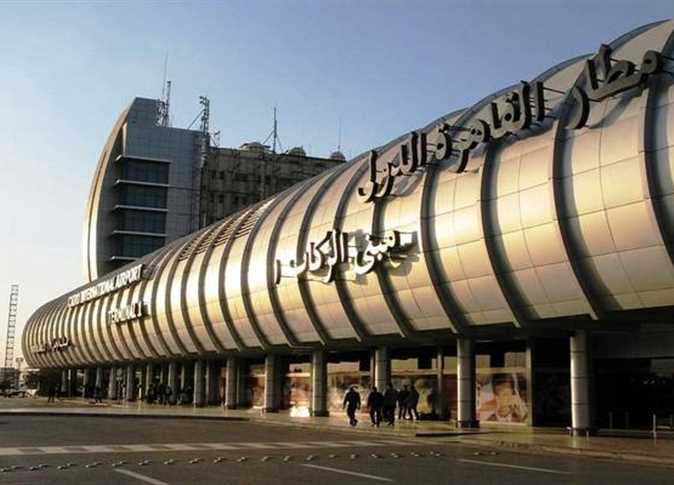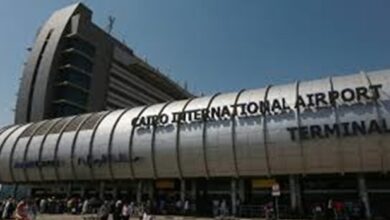
Egypt has increasingly used unlawful means to prevent citizens from traveling outside the country over the past year, a report from Human Rights Watch said on Sunday, another sign of the government's tightening grip on political opposition.
Members of political parties, youth activists, and people associated with non-governmental organisations (NGOs) and former President Mohamed Mursi are among those who have been turned back at the airport, their passports often confiscated and not returned, the report said.
"The Egyptian authorities have jailed thousands of dissidents in the past two years and are now turning the country's own borders into de facto prison walls," said Nadim Houry, deputy Middle East and North Africa director at Human Rights Watch.
Egypt's interior ministry declined immediate comment.
Human rights groups have accused Egyptian authorities of widespread violations since the army toppled Mursi of the Muslim Brotherhood in 2013 after mass protests against his rule.
The groups say the government has rolled back freedoms won in the 2011 uprising that ended Hosni Mubarak's 30-year rule.
The government denies that and says it is protecting the country from militants, including the Muslim Brotherhood and the Egyptian affiliate of Islamic State active in North Sinai, both of which it classes as terrorist groups.
The Brotherhood says it is committed to peaceful politics. Egyptian authorities have jailed thousands of suspected members of the Brotherhood and the courts have sentenced hundreds to death since then.
Secular activists have also been jailed for violating a law curbing demonstrations.
The travel restrictions however apply to a broader swathe of citizens more broadly, from politicians and activists heading to conferences to a group wanting to travel to Germany for training on combating violence against women, the report found.
Egyptian security agencies have increasingly taken measures to prevent those they consider dissidents from traveling, the report found, from requiring security clearances, to placing individuals on travel bans, to confiscating passports.
Most travelers have been turned away at passport control without an explanation and without prior notice, said the report.
"The Egyptian government's opaque travel restriction policy violates both the Egyptian constitution and international human rights law," said the report.
President Sisi was elected in 2014 on a mandate of restoring political stability and economic growth to a country rocked by years of turbulence following the 2011 uprising.




